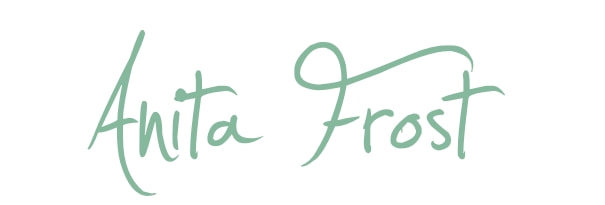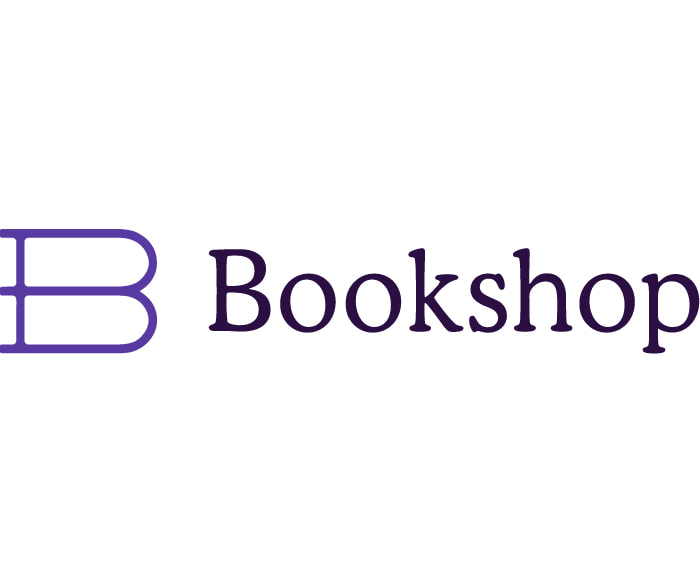How to Boost Productivity and Achieve Goals with Daily Journaling Being busy and being productive are not the same thing. By working the daily practice of journaling into your routine, you’ll be able to declutter your mind, reduce stress, and identify any obstacles that are preventing you from achieving your goals. Sometimes you get so caught up trying to tackle your to-do list, juggling a million tasks, that you end up being less productive. Spinning many plates and multi-tasking is a way of life for most of us, but over time this can lead to chronic burnout and seriously impact your health and wellbeing. Journaling allows you to reflect on your thoughts, actions and behaviours to notice negative patterns which may be holding you back from reaching your full potential and getting what you want out of life. By becoming more consciously aware of your inner workings, you can then take proactive steps to improve all areas of your life. Many people in the business world swear by journaling for helping them to develop and succeed. Journaling brings positive benefits including:
Here’s how to get started with journaling for productivity.
Writing down what you want to achieve has been proven to increase the likelihood of your success. Research by Dr. Gail Matthews at the Dominican University in California shows that people who write down their goals are 62% more likely to achieve them. The act of writing goals down helps to make them real in your brain, forming the starting point for then working out a strategy for how to reach these goals. This daily practice breaks larger goals into smaller, more manageable chunks. Your goals could be work orientated – such as ‘complete my report on XYZ’ – or more personal, such as ‘be more present’ or ‘dedicate more time to self-care practices’. Setting intentions will help you be more focused on what you do want, therefore having a more positive and proactive approach to your day, rather than getting overwhelmed with all the things you have to do and thinking about what could go wrong.
The more you start to notice and identify all the things you have to be grateful for in your life, the happier you will feel. Increasing your positivity and changing your attitude to your circumstances will enable you to be more productive, less stressed and confident in tackling your goals. 3. Celebrating your successes It is all too easy to get bogged down with the negatives when something hasn’t gone to plan. Humans are wired to focus on problems, constantly seeking out potential threats as a way to protect themselves and survive. Within your journaling practice, start noting all of your successes – no matter how small! You’ll soon start to recognise that, even though things sometimes don’t work out and you may make mistakes, there are plenty of times when you do well and can be proud of your progress. 4. Identifying strengths and weaknesses Reflect on your daily activities and note what went well, but also areas that you feel need improvement. This could be in how you approached a task, how you reacted in a certain situation, or might be something that was completely out of your control. By bringing awareness to the positives and negatives, you can see whether those areas for improvement are things that you are able to change next time around. If they are out of your control, then at least you can change your reaction to it and be prepared for all eventualities. 5. Ideas, thought, feelings and observations A journal is one of the best ways to clear your mind, cutting down on that mental background chatter that can make you feel anxious, stressed and overwhelmed. Use your journal to write down any thoughts that occur, any worries, stresses, events, and feelings about your day-to-day activities. Write about your fears, hopes, desires, concerns or anything you observe about the world around you. Think of it as clearing the slate before you start your day, or before you go to bed at night, so your mind is clear and free of unwanted roaming thoughts.
meaning you’ll come back to your work refreshed, refocused and ready to tackle any challenges without feeling overwhelmed and suffering from burnout. These are just a few starting points to help you incorporate daily journaling into your routine and become more productive to achieve your goals. As with any practice, committing to it regularly is the key to success. To start off, try journaling for a minimum of 3 days per week, for between 5-15 minutes. The more you practise, the easier you’ll find it, and you'll begin to reap the rewards by having a positive attitude, reducing stress, and becoming more focused on your goals and how to reach them. Look out for Melissa's latest articles on Anita Frost's author website, where she'll talk about topics including business and publishing, author news and events, and giving back to communities. You can find her in-depth monthly feature on the News & Media page of the Green Bean Collection website, discussing children's books and reading, early years education, living a greener lifestyle and all things Green Bean!
Comments are closed.
|
EditorMelissa Brannlund is the features writer and editor, for author Anita Frost.
www.anitafrost.com Look out for latest articles on Anita Frost's author website, where we talk about topics including: Business, TV, Music, Media, Publishing and Child development, along with author news and events, and giving back to communities. To book Anita Frost for your event call 0161 549 9070 or book online
Words by Melissa Brannlund: [email protected] For press enquiries please contact: Sara Donnelly [email protected] Categories
All
|
I am Investor I am Parent I am Ambassador
TV Shop Work With Us Press Giving Contact Us Fan Page
This is a official business website for ®Anita Frost
All Rights Reserved, ®Green Bean Studios, ®Green Bean Collection, ®Green Bean & Friends,
Registered No's: 12235929 - 12919046 VAT: 445 4542 90
All Rights Reserved, ®Green Bean Studios, ®Green Bean Collection, ®Green Bean & Friends,
Registered No's: 12235929 - 12919046 VAT: 445 4542 90















 RSS Feed
RSS Feed


